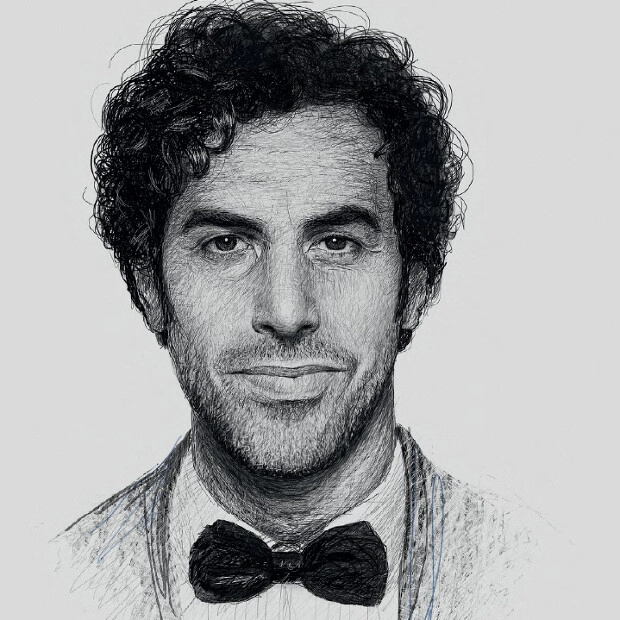Is the respect given to the champion athlete the same emotion as the respect given to the man or woman who accepts with dignitary a terminal diagnoses? Both demonstrate strength and power. About the sources of this energy and the traps power can lead to is explored by our permanent columnist, Liana Davidyan.
While my being a student in the hostel of Moscow State University there suddenly appeared an opportunity of climbing the roof. That was a secret passage leading to the luxurious widest roof with a stunning Moscow view. The roofs didn't use to be terraces for the restaurants and clubs those years. They were strictly guarded by communal services. I have no idea of whose discovery was this passage, but he was likely to be a true acrobat. First, you need have gone the covert ladders, capture some cube and pulling up on your arms soaring up like a swallow into the hatch.
It happened in May. The weather was mar velous and the rumour having a possibility of getting onto the roof spread over The House of Aspirants and Students at faery speed. It goes without saying, I was in the first rows. Being accompanied with not large, but reckless company we sneaked onto the through floor and only being there I admitted not being an acrobat. To jump into the hatch was scary enough and at some moment I honestly confessed my companions in my being afraid. "But you are strong! Aren't you able to overcome your fear?!" Needless to say about my momentous appearing on the roof.
Being strong is good. Possessing some physical form means to have practically no physical limits. Possessing the inner strength generally allows to have no borders. Somebody achieves such a strength being able to control the body, and sometimes even the world. But for the majority the strength still lets widen the possibilities of world cognition at first rate. "By myself, I can" — the first words, said by a child. "I can", says the adult and tries something new in the life. Sounding as if a mantra, it builds up the life way indeed. But the oftener comprehension comes to me as strength is like a trap. A strong man has no right of being mistaken, expressing weakness, having a failure, emotional outburst, making complaints. He is gradually being idolized. In case he suddenly stops being met the expectations it seems the Earth slips under foot. That usually happens to parents, when at a particular life moment the mother or the father from the authoritative figures transform into an ordinary person, at old hood sometimes into a child and afterward just leave… It is unstated, who suffers more in such a situation. The kid, having lost the implicit life basement, or the adult, having lost his habitual role. In case being in the relation with parents and children to the attitude of strength — that is soon an inevitable transaction it from generation to a generation, in usual people's relationship it is much more intricate.
A strong person is gravitated, at times admired, sometimes is tried to outdo, but is never tried to be assisted. Why this acknowledged the personal possessing inner spiritual strength seen with naked eye masters some mystical energetic source. As if there is hidden magic battery, constantly charging him. That is partially true. The man "strong" scoops the energy out of any available source. A sunny morning, a kid's smile, a nice joke, a delicious dinner, a splendid view, a realized project, a read book, favorite music — all goes into a coin box. But almost never — the other person. As soon as a person starts giving energy, he simultaneously becomes the strong. That means — giving. This is a trap of loneliness — personal payment for peculiar privileges discovered by the Universe. There indeed — is the so searched source of strength. Personally I have behaved twice fundamentally wrong, having relied on myself. Not trifle miscalculations, but real "trouble". At the moment of such a kind of watershed the strength admitting your own wrongness appears to be determining. It allows to correct mistakes or at least, learn a lesson out of them. All people have been recently divided into two groups: those, who are looking for justifications and the others, who find the ways not awaiting for encouragement, though having a necessity in it. I perfectly understand the first, but being on the way with the second ones.






